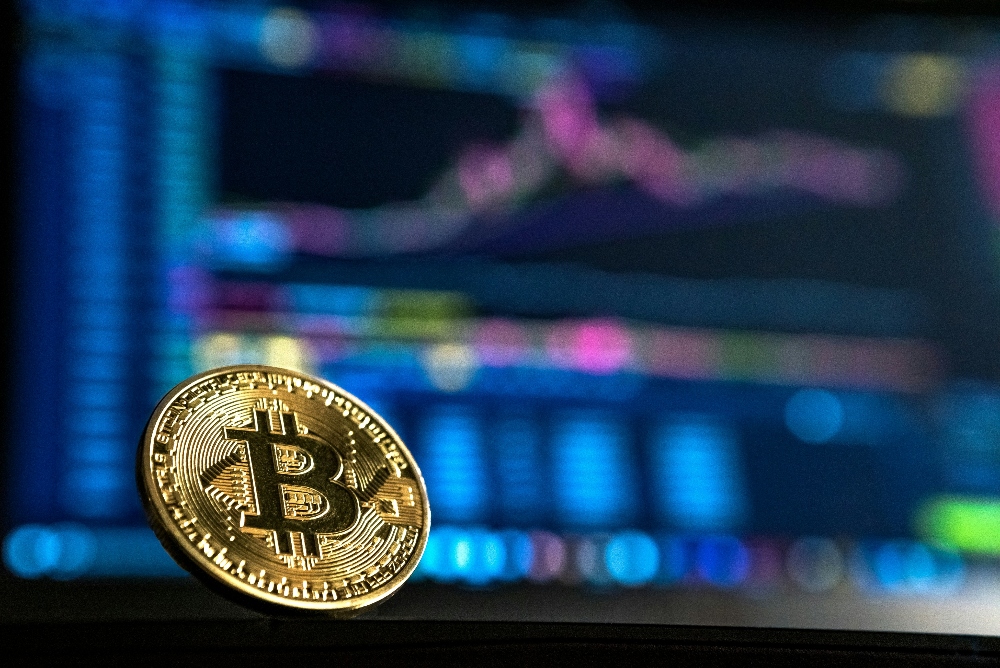
El Salvador Moves Towards the Future: First Bitcoin Banks to Launch by 2025
El Salvador is making strides in the financial sector with the introduction of the Investment Banking Law. By the end of 2025, the country plans to establish its first Bitcoin banks. These institutions will operate under strict supervision from the Financial System Superintendency and the Central Reserve Bank, catering to sophisticated investors with at least $250,000 in liquid assets like Bitcoin, tokenized gold, or treasury bonds. This initiative positions El Salvador as a leading hub for Bitcoin-based banking globally.
Stacy Herbert, director of the National Bitcoin Office (ONBTC), announced the opening of the Bitcoin Zone at the National Library, showcasing the nation’s commitment to financial innovation. This groundbreaking development aims to address longstanding limitations of traditional financial systems by incorporating Bitcoin into regulated banking and investment structures.
Bitso and BVNK: A Strategic Partnership for Faster Cross-Border Payments
In parallel with its Bitcoin revolution, El Salvador is enhancing cross-border transactions. Bitso Business, the B2B division of the crypto platform Bitso, and BVNK, a global payments provider, have formed a strategic partnership aimed at accelerating international payments between Latin America and Europe. By leveraging stablecoins, this alliance ensures faster, more cost-effective transactions.
This integration benefits fintech companies, exporters, and platforms relying on international payments by eliminating the need for multiple banking intermediaries. For users, this partnership offers seamless processes like real-time fiat-to-stablecoin conversion, SEPA transfers, and virtual accounts. If you are looking for an efficient way to process international transactions, platforms like Bitso provide a secure and user-friendly solution.
Argentina Adopts a New Tax System for Digital Wallets
In other LATAM crypto news, Argentina is implementing a new Gross Income Tax system to include digital wallets and payment accounts. Effective October 1, 2025, this measure aligns with the SIRCUPA system and enforces taxation on accounts managed by Payment Service Providers (PSPs). The initiative aims to improve tax fairness and bring digital wallets under similar regulations as traditional bank accounts.
While financial and insurance organizations are exempt, withholding rates for various sectors, such as transportation, construction, and industrial output, have been clearly defined to ensure better compliance.
Conclusion
El Salvador’s progressive stance on Bitcoin banking, combined with partnerships like those between Bitso and BVNK, solidifies the country’s position as a global financial innovator. With stablecoin-powered cross-border payments and measures to bolster efficiency in taxation systems, Latin America is embracing a transformative financial landscape.
For readers interested in exploring crypto-finance tools, consider starting small with Coinbase, a highly-rated platform for beginners. As the world adapts to Bitcoin, now’s the time to enhance your portfolio and understand the future of banking.






